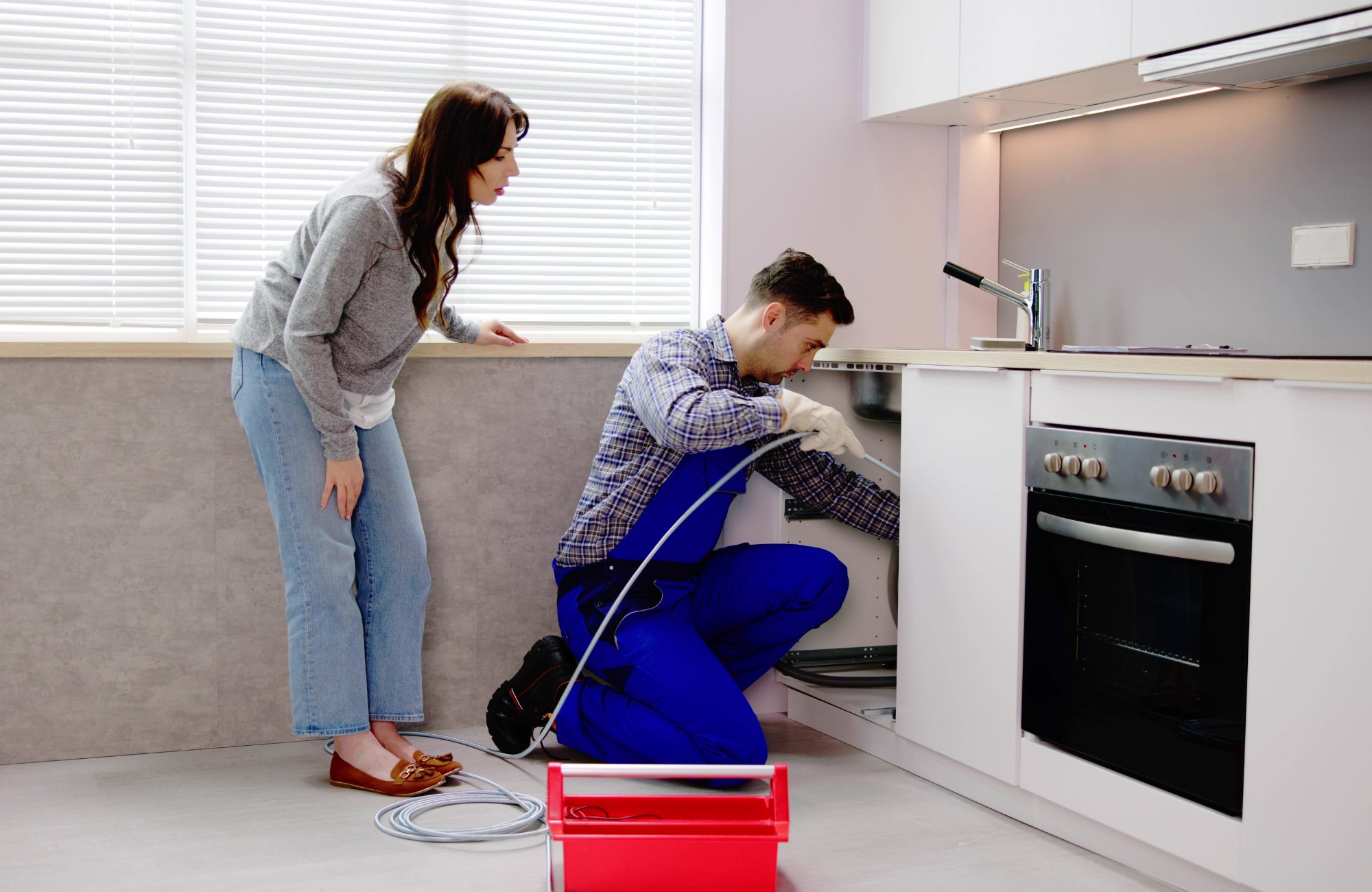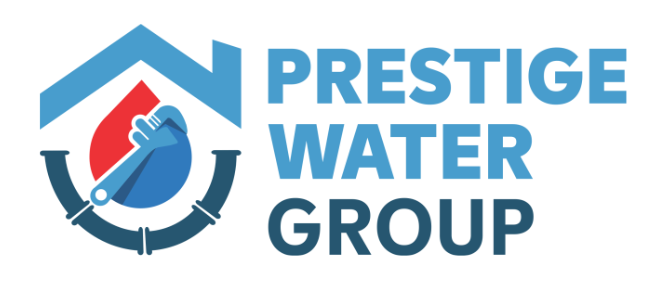
Is Liquid Plumber Safe for Pipes? Pros, Cons, and Alternatives
When faced with a clogged drain, many homeowners reach for a quick fix like Liquid Plumber. It’s fast, convenient, and widely available. But before you pour it down your sink, tub, or shower, it’s worth asking: Is Liquid Plumber safe for pipes? The short answer? It depends on your plumbing system, the type of clog, and how you use it. In this guide, we’ll break down the pros and cons of using chemical drain cleaners like Liquid Plumber, what makes them effective (and risky), and the safer alternatives you may want to consider.
What is Liquid Plumber?
Liquid Plumber is a widely used chemical drain cleaner designed to dissolve common household clogs caused by hair, grease, food particles, and soap scum. Its active ingredients typically include sodium hydroxide (lye) and sodium hypochlorite (bleach), which work together to generate heat and break down organic material.
- These chemicals react with the blockage to dissolve the clog and restore water flow.
- The product is usually poured directly into the affected drain and left for a specified period before flushing with water.
- It’s considered effective for minor clogs in sinks, tubs, and shower drains, especially when used as directed.
Liquid Plumber is a go-to for many because it’s quick and doesn’t require tools. However, the strength of its chemical reaction is exactly what makes it potentially harmful to some plumbing systems.
Risks and Safety Concerns
Although effective in clearing clogs, Liquid Plumber and similar products come with serious safety considerations. Not all pipes can handle the heat and corrosive nature of chemical drain cleaners.
- Older metal pipes, such as galvanized steel or cast iron, may corrode over time due to repeated chemical exposure.
- Rubber pipes or seals, often found in older or DIY plumbing systems, can degrade quickly when exposed to harsh cleaners.
- PVC pipes are generally more resistant, but excessive or repeated use can still weaken joints or warp plastic over time.
- Mixing chemical cleaners with other household products (like ammonia or bleach-based cleaners) can release toxic fumes that are harmful to inhale.
In addition to damaging your plumbing system, misuse can harm your health. Always use chemical cleaners with adequate ventilation and personal protective gear.
How to Use Liquid Plumber Safely
If you choose to use Liquid Plumber, safety is key. Using the product responsibly reduces the risk of pipe damage or chemical exposure.
- Follow label instructions carefully: Each product formulation may have specific timing, dosage, and flushing requirements.
- Wear protective gloves and safety goggles to avoid skin or eye contact.
- Use cold water to flush the product unless otherwise directed. Hot water can amplify chemical reactions and increase risk.
- Never use it on damaged or corroded pipes, as this could worsen the condition or lead to leaks.
- Do not use it in toilets or garbage disposals, as these systems contain sensitive components that may not tolerate chemical exposure.
If you feel unsure about your pipes’ condition, it’s best to consult a licensed plumber before introducing any harsh chemicals into your plumbing system.
Alternatives to Liquid Plumber
Chemical drain cleaners are not the only solution for clearing a clogged drain. Many plumbing professionals recommend trying mechanical or natural options first.
- Plungers can dislodge minor clogs with suction and force.
- Drain snakes or plumber’s augers manually break up or extract clogs deep within the pipes.
- Enzyme-based cleaners use bacteria and enzymes to eat away at organic material safely over time.
- Preventative maintenance, like weekly hot water flushes and keeping hair and grease out of drain,s helps avoid buildup.
- Homemade mixtures, such as baking soda followed by vinegar, create a mild reaction that may clear slow-moving drains.
These alternatives are gentler on your plumbing and more environmentally friendly than chemical options.
Organic and Eco-Friendly Drain Cleaning Options
For those seeking non-toxic and eco-conscious solutions, several methods and products can help clear and maintain drains without harsh chemicals.
- A mix of baking soda and vinegar, followed by hot water, can help break up organic matter in sinks and tubs.
- Zep Drain Defense and similar enzyme-based products release natural bacteria that digest soap scum, food waste, and grease.
- Drain snakes are reusable and effective tools for physically removing hair and other blockages.
- Routine cleaning with hot water and mild detergent prevents buildup, especially in bathroom sinks and showers.
These solutions are not only safer for your pipes but also better for your health, septic system, and the environment.
Liquid Plumber vs. Other Drain Cleaners
Not all chemical drain cleaners are created equal. Liquid Plumber is formulated for general household use, but other products may offer better or worse performance depending on your situation.
| Product Type | Strength | Safe for Pipes? | Notes |
|---|---|---|---|
| Liquid Plumber | Moderate | Yes (if used correctly) | Suitable for basic clogs in sinks and showers. |
| Drano | Strong | Yes, but not for toilets | Slightly stronger; similar risks. |
| Acid-based cleaners | Very Strong | No (not for DIY use) | Contains sulfuric acid or hydrochloric acid; only for professionals. |
| Enzyme-based cleaners | Mild | Yes | Takes longer but is safer for plumbing and health. |
Acid-based drain cleaners are extremely dangerous and should never be used without professional oversight. They can burn through pipes and pose major health risks if mishandled.
Shower Drain and Garbage Disposal Considerations
Certain fixtures in your home require special caution when it comes to drain cleaning. Chemical cleaners may not be ideal for every clog or location.
- Shower drains often clog with hair and soap scum. Liquid Plumber may work, but a drain snake is usually safer and more effective.
- Garbage disposals contain metal parts, rubber seals, and delicate mechanisms. Chemical drain cleaners can corrode these components and are generally not recommended.
- Regular maintenance, such as flushing with hot water and avoiding fibrous food waste, helps keep disposals running smoothly.
- In both cases, manual tools or enzyme-based products offer a better long-term solution.
Professional Drain Cleaning Services
If your clog doesn’t resolve with basic tools or safe cleaning solutions, it may be time to call a professional plumber. Attempting to fix a deeper or recurring clog with repeated chemical treatments can cause more harm than good.
- Plumbers can use tools like hydro-jetters, plumber’s snakes, or camera inspections to locate and remove the blockage without damaging your pipes.
- They can also inspect your plumbing system for underlying issues such as tree root intrusion, pipe corrosion, or system misalignment.
- Many plumbing companies offer preventative maintenance plans to keep your drains flowing and avoid future clogs.
For tough or persistent clogs, it’s safer and more cost-effective to trust a pro than to rely on off-the-shelf chemical solutions.
Conclusion
Is Liquid Plumber safe for pipes? It can be used sparingly, properly, and only in the right circumstances. While it’s a quality drain cleaner for minor clogs, repeated or improper use can harm your plumbing system, especially older or delicate pipes. Consider natural, mechanical, or enzyme-based alternatives first, and never hesitate to contact a professional plumber for expert advice or stubborn blockages. Your pipes and your wallet, will thank you.
Still, dealing with a stubborn clog? Instead of risking damage to your pipes with harsh chemicals, let the experts at Prestige Water Group handle it safely and effectively. Our licensed plumbers offer professional drain cleaning services across New Jersey using proven, pipe-friendly methods. Call us at (973) 227-4740 or email info@pwgroupnj.com to schedule a visit. Visit our website to learn more about our services and how we protect your home’s plumbing system.
FAQs
Do plumbers recommend Liquid Plumber?
Most professional plumbers advise using Liquid Plumber with caution. While it may clear small clogs, it doesn’t address deeper or recurring issues and can be harmful if overused. Plumbers generally recommend mechanical methods or enzyme-based solutions as safer long-term options.
What is the safest drain cleaner for pipes?
The safest drain cleaners are enzyme-based or natural solutions like baking soda and vinegar. These cleaners don’t generate heat or corrosive reactions and are safe for all pipe types, including metal, PVC, and septic systems.
Can Liquid Plumbers eat through pipes?
If used excessively or on weakened pipes, Liquid Plumber can damage certain materials like rubber seals, corroded metal, or old plastic. It won’t “eat through” modern PVC pipes when used properly, but repeated use can weaken joints over time.
How safe is Liquid Plumber?
Liquid Plumber is generally safe for use on most household drains when directions are followed. However, it should not be used on toilets, garbage disposals, or damaged plumbing, and it should never be mixed with other cleaners due to toxic fume risk. Always wear protective gear and use it in a well-ventilated area.
